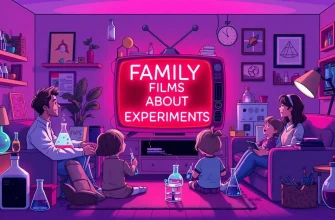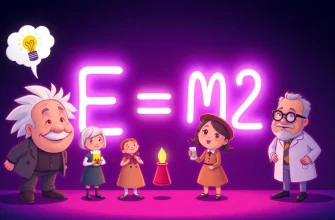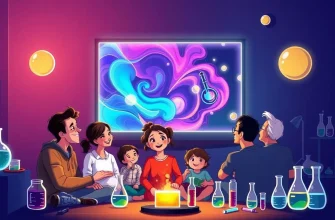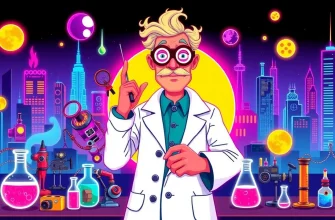Delve into the fascinating world of nuclear physics with this curated selection of films. From historical dramas to speculative science fiction, these movies not only entertain but also educate viewers on the profound implications of nuclear energy and its impact on society. Whether you're a science enthusiast or simply curious about the subject, this collection provides a cinematic journey through the atomic age.
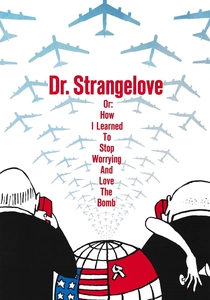
Dr. Strangelove or: How I Learned to Stop Worrying and Love the Bomb (1964)
Description: A satirical black comedy about an accidental nuclear apocalypse, this film uses humor to critique the Cold War's nuclear arms race.
Fact: Stanley Kubrick, the director, also wrote the screenplay, which was based on the novel "Red Alert."
 Watch Now
Watch Now
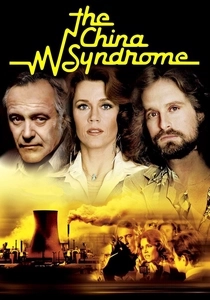
The China Syndrome (1979)
Description: A thriller about a nuclear meltdown at a power plant, exploring the dangers of nuclear energy and the cover-ups that can occur in the industry.
Fact: The film's release was eerily timed with the Three Mile Island nuclear accident, which occurred just 12 days after its premiere.
 Watch Now
Watch Now
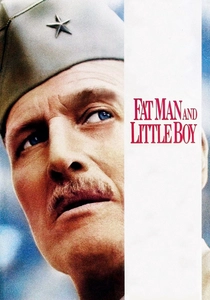
Fat Man and Little Boy (1989)
Description: This film dramatizes the Manhattan Project, focusing on the relationship between General Leslie Groves and physicist J. Robert Oppenheimer.
Fact: The title refers to the code names for the atomic bombs dropped on Nagasaki and Hiroshima.
 Watch Now
Watch Now
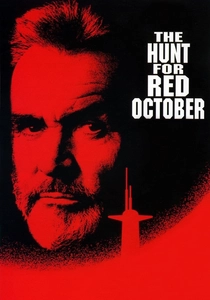
The Hunt for Red October (1990)
Description: While not directly about nuclear physics, this film involves a Soviet submarine captain who plans to defect with a nuclear-armed submarine, highlighting the geopolitical tensions of the Cold War.
Fact: Alec Baldwin was cast as Jack Ryan, a role later played by Harrison Ford in subsequent adaptations.
 Watch Now
Watch Now
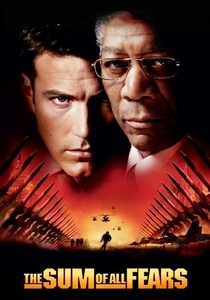
The Sum of All Fears (2002)
Description: Based on Tom Clancy's novel, this film involves a plot to detonate a nuclear bomb at the Super Bowl, showcasing the global implications of nuclear terrorism.
Fact: The film was originally set to be released in 2001 but was delayed due to the September 11 attacks.
 Watch Now
Watch Now

Oppenheimer (2023)
Description: This biographical drama focuses on J. Robert Oppenheimer, the physicist who led the Manhattan Project, exploring the ethical dilemmas and scientific breakthroughs of the atomic bomb's creation.
Fact: The film was shot in IMAX to capture the grandeur of the atomic test scenes. Christopher Nolan, known for his complex narratives, directed this film.
 Watch Now
Watch Now
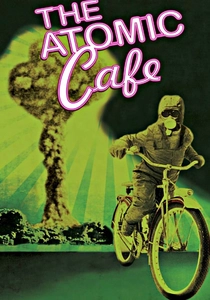
The Atomic Cafe (1982)
Description: A documentary that compiles archival footage from the 1940s to the 1960s, offering a satirical look at America's nuclear culture during the Cold War.
Fact: The film uses no narration, relying entirely on the juxtaposition of historical footage to convey its message.
 30 Days Free
30 Days Free
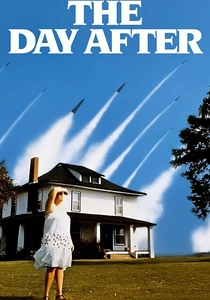
The Day After (1983)
Description: A made-for-TV movie that depicts the aftermath of a nuclear war, showing the devastating effects on a small American town, highlighting the human cost of nuclear conflict.
Fact: It was watched by over 100 million viewers upon its initial broadcast, sparking national debate on nuclear war.
 30 Days Free
30 Days Free
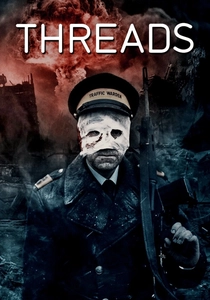
Threads (1984)
Description: A British television drama that portrays the effects of a nuclear war on the city of Sheffield, focusing on the long-term societal collapse.
Fact: The film was noted for its realistic portrayal of nuclear war effects, earning it a reputation as one of the most harrowing nuclear war films.
 30 Days Free
30 Days Free

Fail-Safe (1964)
Description: A tense drama about a technical glitch that leads to an accidental nuclear strike, exploring the protocols and human errors in nuclear strategy.
Fact: The film was released the same year as "Dr. Strangelove," offering a more serious take on similar themes.
 30 Days Free
30 Days Free


